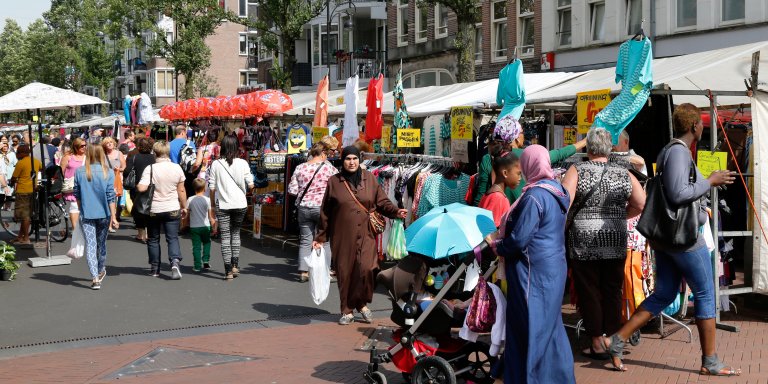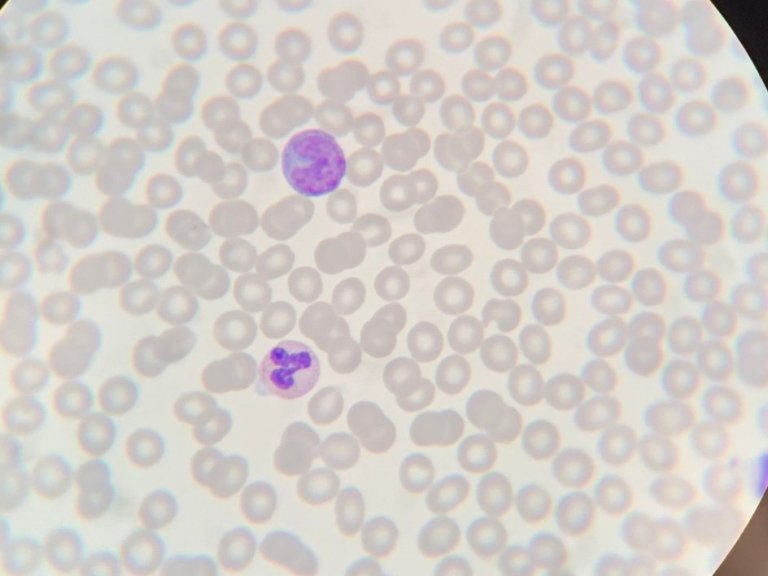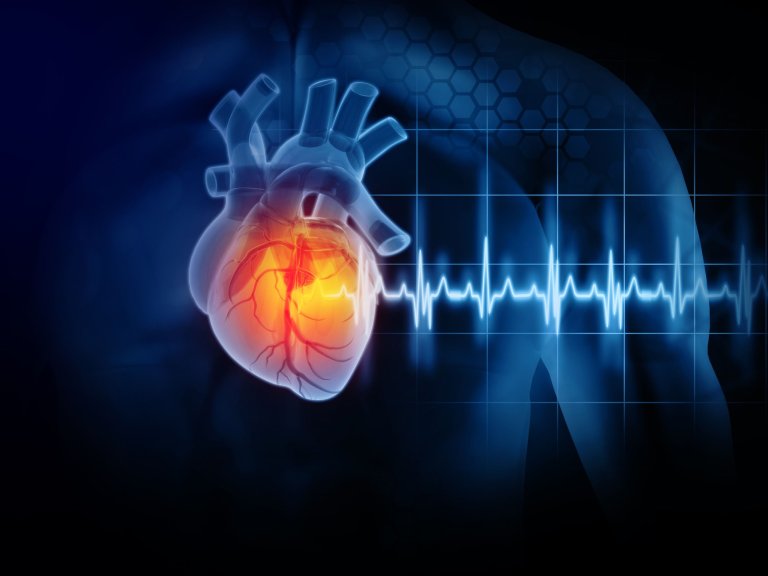There are inequalities in the burden of disease between different ethnic groups. However, groups with a migration background are underrepresented in cohort studies, for example due to the simple fact that invitation letters are often sent out in Dutch, a language that is not always understood.
Because some health problems seem to occur more often in these groups, it is important that they participate in studies. It is only possible to relieve burden of disease if we understand its biological, psychological and social causes.
The Healthy Life in an Urban Setting study (HELIUS study) is an initiative from Amsterdam UMC and Public Health Service of Amsterdam (GGD Amsterdam). Nearly 25,000 participants from Turkish, Moroccan, Indo-Surinamese and Creole-Surinamese, Ghanaian and Dutch origin take part in the study. It is a broad study in which Amsterdam UMC analyses infectious diseases, cardiovascular diseases (including diabetes) as well as mental illnesses.
The results of the study have already driven changes in the guidelines that GPs follow when diagnosing diabetes with people of Indo-Surinamese origin now being checked for diabetes at a younger age. This change came after the HELIUS study showed that they get this disease at a younger age. Migrant groups are now also screened more often for hepatitis B and C, because it appears that this occurs more often in these groups.
In order to encourage better cooperation and increase understanding of the diverse population groups in Amsterdam, a panel of respondents consisting of forty people has now been set up. This panel consists of members from different groups who come together to brainstorm with the researchers.
COVID in migrant groups
During the height of the pandemic, The Netherlands Organisation for Health Research and Development (ZonMW) had specific questions regarding the virus among migrant groups. The HELIUS study showed that these groups had more infections as well as more serious consequences from COVID. The GGDs then put together specific teams to provide the groups with information about COVID and vaccinations. Doctors also went into the neighbourhood to answer questions one-on-one. Because there was a need for that.
Increasing participation from ethnic groups
Potential participants of the HELIUS study did receive invitation letters, but if there is no response, a telephone call would follow. Researchers visited people at home to administer the questionnaires, bringing along an interviewer from the same ethnic group. This created more trust, making people more likely to participate. The study also received a great deal of attention in the press, for example by deploying ambassadors from the various ethnic groups. Who then explained how important it is to participate in this research, for example through local media as well as a Ghanaian radio station.
Ruben Rogers is one of the participants and has been participating in the HELIUS study for several years. He was told about the study by his internist: 'My doctor mentioned it during a consultation. Participation in the study gives me more insight into my own illness.' Ruben often discusses the research and his participation with his friends, which has led to a number of them also signing up, “It is an important study; it's about diseases that I also see around me with friends. I participate in order to contribute to scientific research, so that we can make some progress."
As part of the Dutch Federation of University Medical Centers (NFU), we work towards better health for everyone. Thanks to the unique collaboration between education, research and healthcare.
Read more about how every day we commit to the health care of tomorrow as part of the NFU Campaign here.




